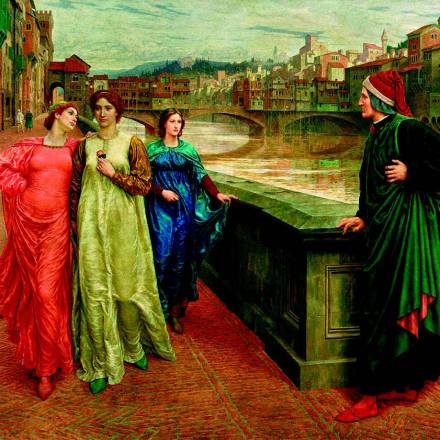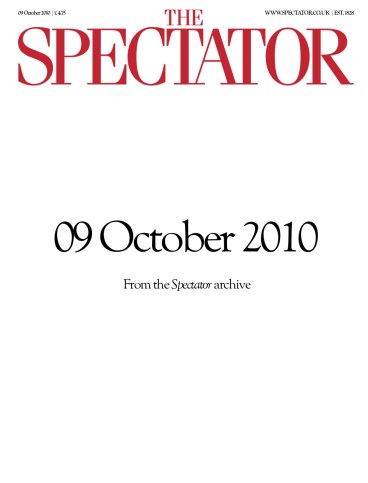Curiosities of literature
Lordy. It’s another book by Professor John Sutherland, and a fat one at that. What David Crystal is to linguistics and James Patterson to thrillers, John Sutherland is to literary criticism. I’ve more than once been critical about Sutherland in print, having detected — but who am I to talk? — a certain slapdashery in








